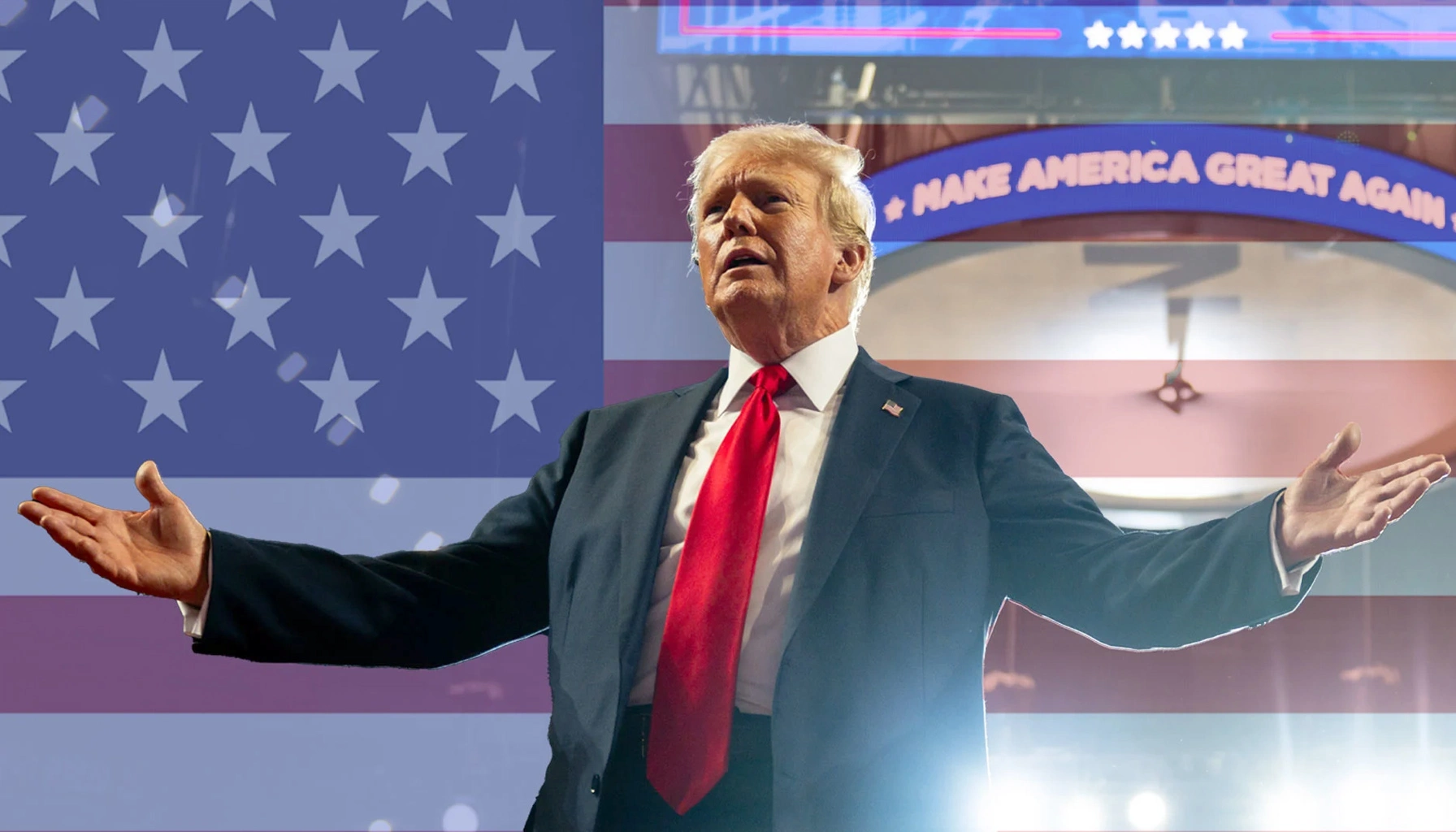Impact of Donald Trump’s U.S. Election Victory on Technology: What to Expect After the Election
With Donald Trump‘s return to the presidency, technology policies in the U.S. could experience significant shifts, affecting everything from big tech companies to emerging fields like cryptocurrency and artificial intelligence. This article explores how Trump’s leadership might influence tech regulation, national security, and blockchain advancements.
1. Lighter Regulatory Pressures for Tech Giants
What It Means: Trump’s administration may favor a business-friendly approach, easing regulatory constraints on major tech companies like Google, Amazon, and Facebook. Fewer restrictions could enable these giants to expand operations and explore new markets without excessive oversight.
2. Enhanced National Security Measures and Data Privacy
Expect Tighter U.S.-China Tech Relations: Trump’s strong stance on China might intensify, impacting Chinese firms like Huawei and TikTok. Stricter security measures could mean the U.S. prioritizes data privacy and homegrown tech solutions over foreign alternatives.
3. Increased AI and Advanced Tech Investments
Government Backing for AI & Robotics: Under Trump, government spending on AI and automation could grow, focusing on sectors like defense, security, and manufacturing. New government support may boost R&D for advanced technology solutions.
4. Stricter Immigration Policies and Their Effect on Tech Talent
Impact on the Workforce: With a more restrictive immigration stance, the tech industry’s access to skilled foreign talent could be limited. As a result, companies may increase investments in AI and automation to bridge talent shortages.
5. Cryptocurrency and Blockchain Regulations
A Potentially Critical Shift: Trump has shown a cautious stance on cryptocurrency, but Elon Musk‘s support for Trump during the election could tilt policies favorably toward digital assets. Musk’s influence might encourage less restrictive crypto policies, boosting adoption and innovation in blockchain.
6. Trade Policies and Export Controls on Technology
Push for Self-Sufficiency: Trump’s focus on tech independence may bring tighter controls on tech exports, particularly to China. This could reshape supply chains and incentivize domestic production.
Conclusion: A Tech Landscape in Transition
Trump’s presidency could shape U.S. technology policy significantly, potentially benefiting established companies while challenging emerging fields like blockchain. As these policies unfold, tech companies and industry experts worldwide will monitor their impact on innovation, workforce dynamics, and regulatory landscapes.
